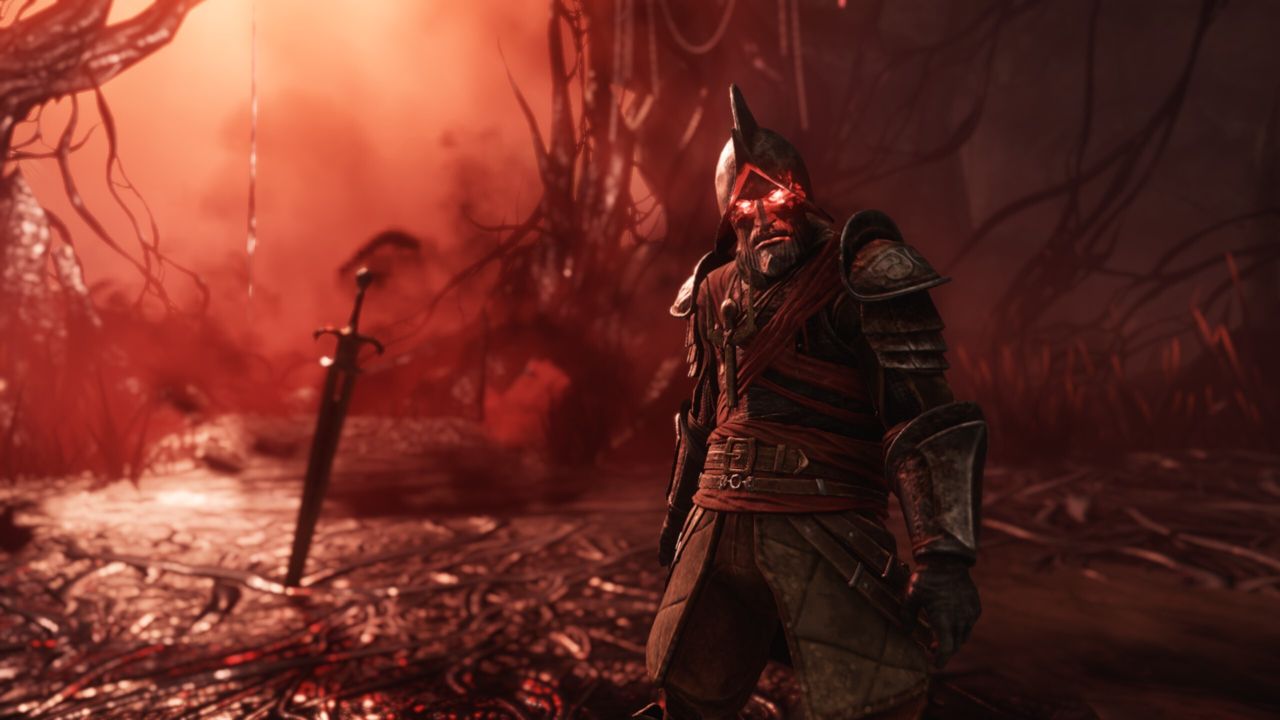The tech industry came for Steam and whiffed so hard that it’s had to admit that it didn’t even really like making games in the first place

Amazon didn’t spin up its game development studios a decade ago just to be a regular game publisher: It wanted to take on Steam, but missed its shot by such a wide margin that we didn’t even realize that’s what it was trying to do. Now it seems to have at least partially moved on from that ambition, and one big consequence is the end of historical-fantasy MMO New World, which will cease to receive updates and eventually be put to rest.

This week: Put off installing Arc Raiders, but was finally convinced to take the plunge by those cool leaping bug bots.
What’s maddening is that New World itself was not a failure. It was a beneficiary of the early pandemic boom in online gaming, hitting a wild Steam concurrents peak of 913,634 after it launched in 2021. The MMO settled into much lower numbers by early 2022, but was far from a flop, and got an expansion in 2023 and a console port in 2024.
New World presumably hasn’t been raking in microtransaction cash recently, but when so many MMOs never even make it out of development or blow up on the launch pad, it was at least something: a foothold in an extremely hard-to-break-into space that could be parlayed into more success in the future.
But Amazon—at least at the executive level—was clearly never really interested in being an MMO developer. It wanted to own PC gaming, and that’s not working out, so now it’s turning its attention to bleak games like one where an “AI-powered” Snoop Dogg plays the part of Judge Judy. Google was faster to make its retreat from the same ambition, closing its in-house studio before it ever released a game after it became clear that Stadia was not going to become the next Steam anytime soon.
Microsoft, however, still aspires to sit atop the PC gaming throne. It’s releasing games on Steam again, but it’s also betting big on Game Pass, and you’re probably not imagining covetousness in Microsoft CEO Sataya Nadella’s recent comment that “Steam has built a massive marketplace on top of [Windows] and done a very successful job of it.” (Don’t get me started on the term “Xbox PC,” which is now appearing in my inbox weekly.)
Maybe one day some pure-of-heart PC gamer actually will topple Gaben from his throne, but in the meantime, it’s frustrating to watch the tech industry use game developers as a means to impossible ends, tossing them to the curb even when they do make popular games, because for the most part these companies don’t actually want to make games, but to bask in annual recurring revenue.
Well, sorry tech industry, but the period where you could take over PC gaming by making one killer app is over. The killer app was Counter-Strike. Even with all the might of Fortnite behind it, the best Epic Games could do was to spend a fortune promoting a modest Steam competitor, which has really been the most honest attempt to take it on. (And at least Epic didn’t try to acquire the whole industry, instead throwing money at independent developers like Remedy to support its aims.)
What I love to see are game developers whose existence is justified just by making games that people want to buy, not by their role in a plan for PC gaming domination. It’s mildly heartening that, at least from the outside, some of Microsoft’s studios appear to be operating under that justification. In February, Obsidian outlined a plan to keep making RPGs for 100 years by not chasing unrealistic profit margins, and Double Fine is still making cool, niche games.
But it’s impossible to look at Microsoft’s recent history of studio closures, layoffs, and unrealistic profit expectations and think that these legendary studios are safe from LinkedIn-brained executives who claim that the best way to innovate in gaming “is to have good margins.”
What happens if Game Pass isn’t the future? Nothing good for Microsoft’s studios, and the irony is that PC gaming itself is bigger than ever. Games like New World don’t have to be abandoned if the companies that make them actually want to be in the business of making games. Let’s hope that, unlike Amazon, some part of Microsoft still does.


